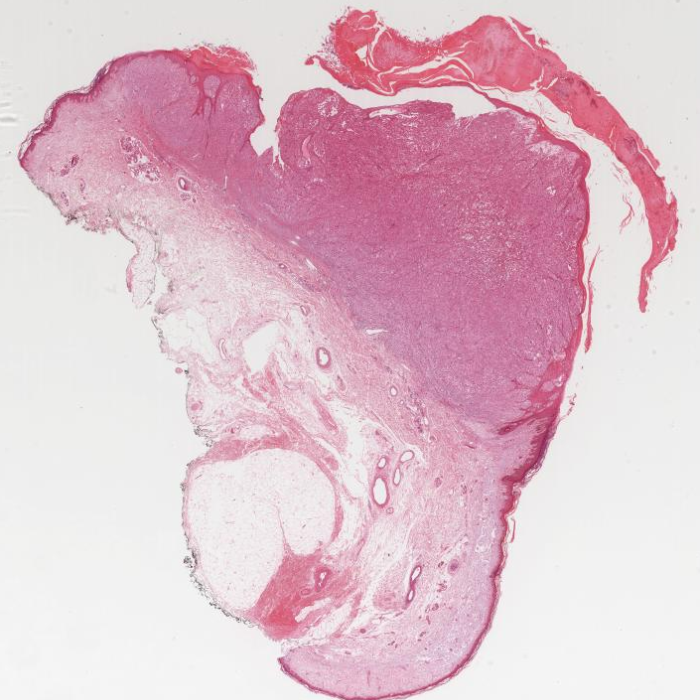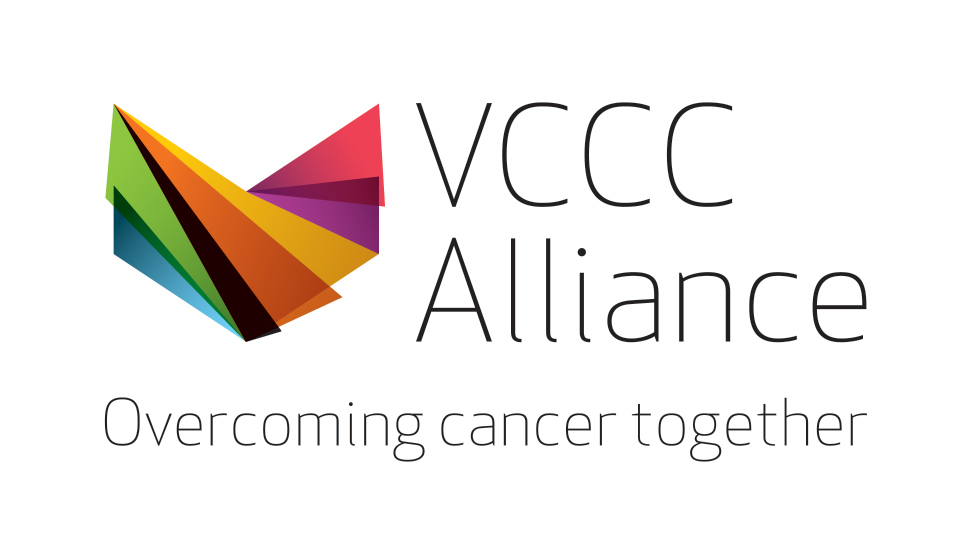Disease Assessments in Clinical Trials Online Course
Evaluating the alteration in tumour size is a crucial aspect of assessing the effectiveness of cancer treatments in clinical settings. Both tumour reduction (objective response) and the duration until disease progression occurs are significant endpoints in cancer clinical trials. Join our panel of experts who will guide you through the fundamentals of disease assessment in clinical trials, ensuring you achieve meaningful endpoints from the outset.
Why This Course?
Join our panel of leading experts, who will guide you through the essential principles of disease assessment. This course is designed to equip you with the knowledge and skills necessary to contribute effectively to the planning of tumour assessments, ensuring meaningful and accurate endpoints from the very start.
What will I learn?
Delivered over six comprehensive modules, this course covers:
-
Four Principles of Disease Assessment
-
RECIST Disease Assessments
-
iRECIST Disease Assessments
-
Prostate Cancer Working Group 3 Disease Assessments
-
Haematology Disease Assessments (Lugano)
-
International Myeloma Working Group (IMWG) Uniform Response Criteria
Key Learning Objectives:
Understand the Importance of Disease Assessments:
-
Grasp the crucial role that accurate disease assessments play in evaluating cancer treatments, ensuring efficacy and precision from the outset.
Develop Essential Skills and Knowledge:
-
Gain the necessary expertise to strategically plan and execute tumour assessments, leading to reliable and meaningful clinical trial outcomes.
Explore the Four Core Principles of Tumour Assessments:
-
Differentiate tumour assessments in clinical trials from other medical settings.
-
Familiarize yourself with international response criteria for various disease types.
-
Identify and mitigate potential biases in data collection and reporting.
-
Establish robust data collection programs to accurately assess disease status and treatment responses.
Expected Outcomes:
By the end of this course, you will build confidence to contribute effectively to the planning of tumour assessments, ensuring accuracy and reliability in clinical trials, and supporting meaningful research outcomes.
Who will I learn from?
Duncan Colyer, Senior Manager, Clinical Research, VCCC Alliance
Felicity McLeay, Research Nurse, Haematology, Parkville Cancer Clinical Trials Unit
Javad Saghebi, Nuclear Medicine Physician, Peter MacCallum Cancer Center
Kortnye Smith, Medical Oncologist, Peter MacCallum Cancer Center
and other contributions from experts in the field.
Duncan Colyer

Duncan Colyer
(BA Hons, BN, Grad Cert in Cancer Care)
Initially training as a nurse and working in Western Australia, he went to Oxford, UK in 2007 where he commenced his career in clinical trials. Returning to Australia in 2010, he worked at Peter MacCallum Cancer Centre as a Senior Research Nurse and Team Leader before changing his career to Program Management at the VCCC Alliance, focusing on clinical research. Duncan currently oversees the Programs of Clinical Trial Innovations and Accelerating Novel Therapies
Resource details

This course is brought to you by
